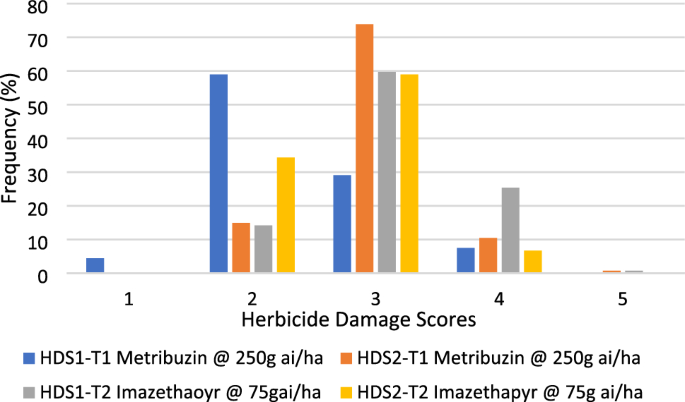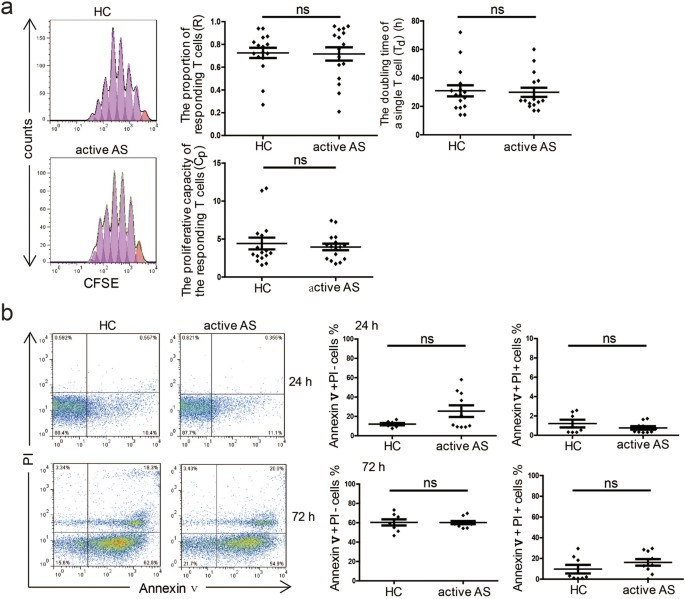
- Select a language for the TTS:
- UK English Female
- UK English Male
- US English Female
- US English Male
- Australian Female
- Australian Male
- Language selected: (auto detect) - EN
Play all audios:
The government should consider banning the use of certain forms of restraint on patients with learning disabilities, a review into failings surrounding the abuse of patients at Winterbourne
View has recommended. A serious case review by South Gloucestershire Council found there was extensive misuse of physical restraint by nurses and support workers at the hospital for patients
with learning disabilities and autism. The review report, published today, said despite stated policy being that physical restraint should be used as a last resort, that had not been the
experience of patients at Winterbourne View. Staff training there had been “skewed” towards the use of t-supine restraint, where staff use their body weight to hold a patient on the floor.
Report author Margaret Flynn, chair of Lancashire County Council’s Safeguarding Adults Board, called on the Department of Health, Department of Education and Care Quality Commission to
consider banning the use of this type of restraint on patients with learning disabilities. She said the issue should be treated with the seriousness “equivalent to that in banning of
corporal punishment in children”. The review report reveals a catalogue of abusive incidents dating back to when the hospital opened in 2007. One patient was reported to have lain on the
floor in the restraint position when he saw support workers approaching, apparently to avoid being forced to the floor. At one point the local police force asked the hospital’s management to
install CCTV, following two incidents in which patients had teeth knocked out during incidents where they were being restrained by carers. “Four forms of violence prevailed within the
hospital – destruction of property, fighting between patients, the struggles associated with restraint, and self-harming,” the report said. The review also found excessive use of chemical
restraint, with many patients on anti-depressants and anti-psychotics but no diagnosis to support their use. It said the hospital, which was supposed to be a learning disability nurse-led
service when it opened, had become led by unregistered support workers, despite the presence of 13 professional nurses. “It is not clear how the boundaries between the nurses and support
workers were developed or maintained, or how the division between their responsibilities was determined…,” the report stated. “It seems unlikely that the registered nurses were competent in
delegating and supervising the unregistered healthcare assistants,” it said. “Research evidence suggests nurses’ education does not prepare students for the practicalities of this role.” The
report noted numerous occasions where patients tried to raise concerns but were ignored, even by members of their own family who trusted in the professionalism of staff. It said
whistleblower Terry Bryan had acted properly in approaching first his line manager, then the CQC and finally the media in a bid to get his concerns heard. The nurse had been working at the
hospital for less than two months when he set out a long list of concerns in an email to his manager with the title “I’ve had enough”. The scale of the abuse was finally exposed by an BBC’s
Panorama following an undercover investigation last year.





